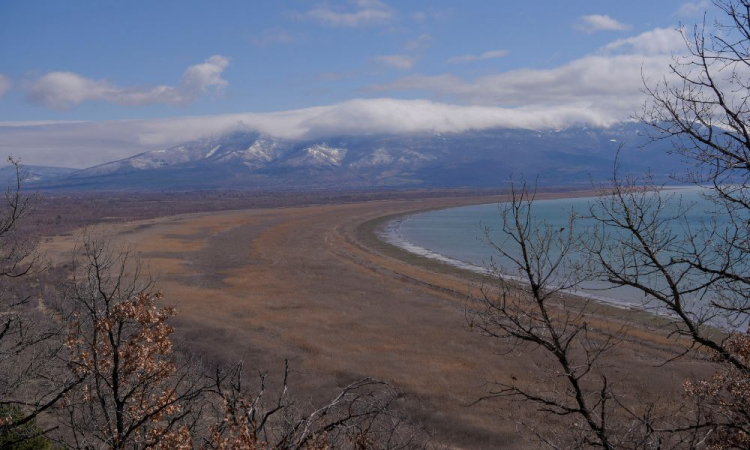Climate change, excessive water consumption, and pollution affect the site; Producers close to the area are being hurt

Lake Prespa, one of the oldest lakes in Europe, is disappearing, due to climatic changes, excessive consumption of water and pollution that has caused the loss of its size. “The observed changes in lake levels are related to climate change,” says Spase Shumka, a professor at the University of Agricultural Engineering in Tirana, the capital of Albania. For millions of years this lake was one of the most clear and clear lakes and its ecosystem is home to around 2000 species of fish, birds and mammals, but now its waters are getting lower and lower. “Before there was a lot of snow, it would have been a meter or a meter and a half away. Prespa is located between the borders of Greece, Albania and North Macedonia,” said a park ranger who has spent more than a decade guarding the lake on the north side of Macedonia. In recent years, there has been almost no snowfall, surrounded by mountains and apple trees.
Another problem that contributes to the decrease in volume is pollution from discharges from agricultural activities, which leads to the emergence of algae and plants that have a devastating effect in the area. A project to restore Lake Prespa is being prepared. Eight weather stations have been built to collect data and inform water-using producers in the region of the best time to apply pesticides – a report by the United Nations Development Program (UNDP) shows that around 65 tonnes of pesticides are used in the region each year. General and most of the products reach the lake in the form of discharge, which harms the producers close to the area. A NASA study showed that the lake lost 7% of its surface and half of its volume between 1984 and 2020. [com pesticidas]”We have more economic benefit and we have improved environmental protection,” said Frosina Georgievska, a 56-year-old apple farmer who lives in Resen, North Macedonia.
* With information from AFP
